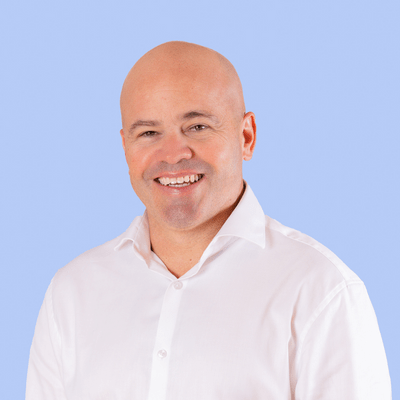
Primary Years Programme
Learning to Learn in the Primary School for children 5 - 11 years old
Children in the Primary School learn according to the principles of the International Baccalaureate (IB) Primary Years Programme. Through a carefully designed learning environment which places strong emphasis on student well-being, children at ISL are nurtured towards being caring and active participants in a lifelong learning journey.

Grounded in inquiry and concept based learning, the IB Primary Years Programme is a curriculum framework that aims to achieve a balance between the search for meaning and understanding, and the acquisition of essential skills and knowledge. Character learning, articulated through the learner profile and approaches to learning skills, underpins all that we do in our pursuit to develop the whole child. At ISL, through a curriculum that is both rigorous and significant, we cultivate human connection; physical and emotional well-being; and cultural awareness to ensure that our children are well poised to make a positive difference in the world.
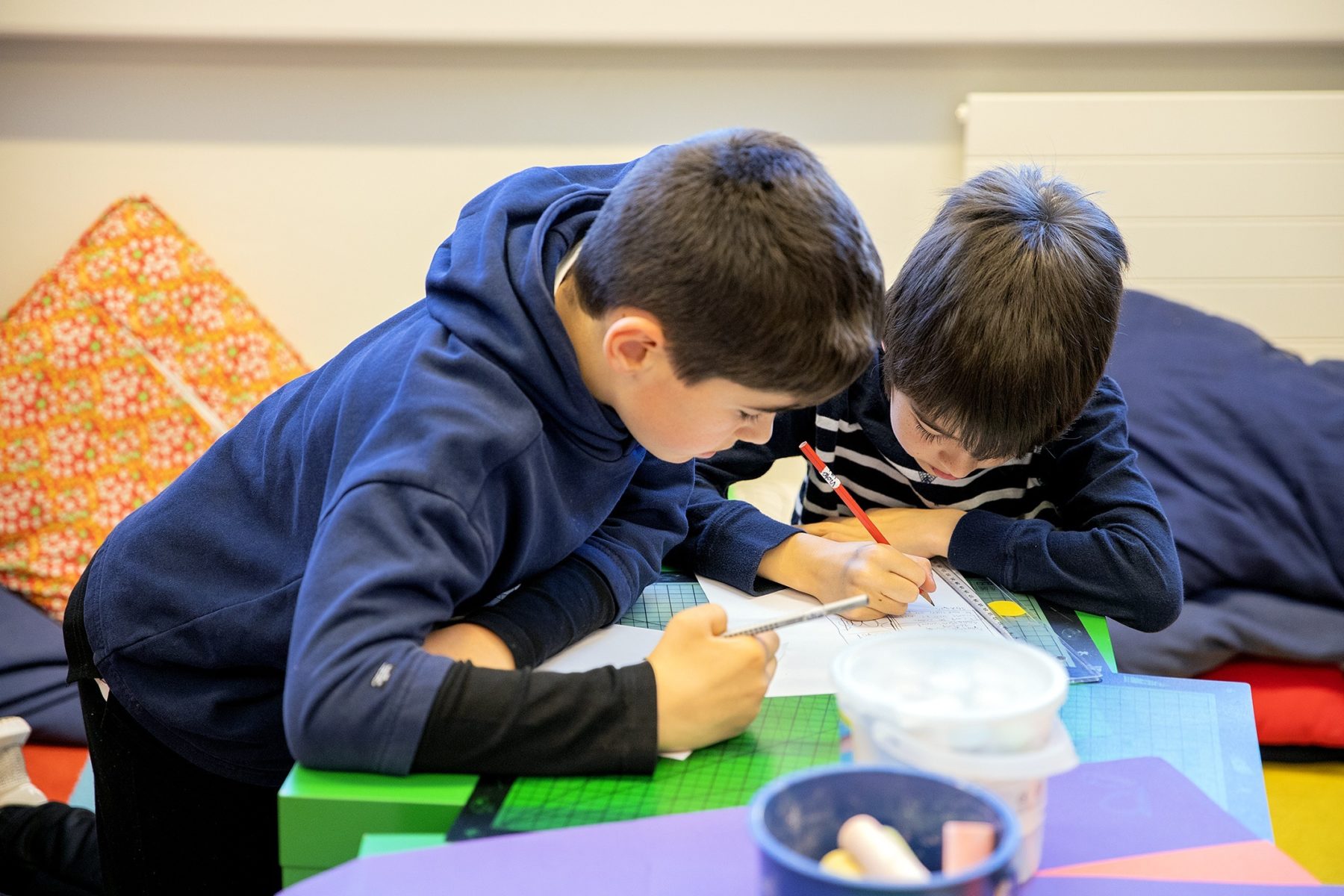
Dual Language programme
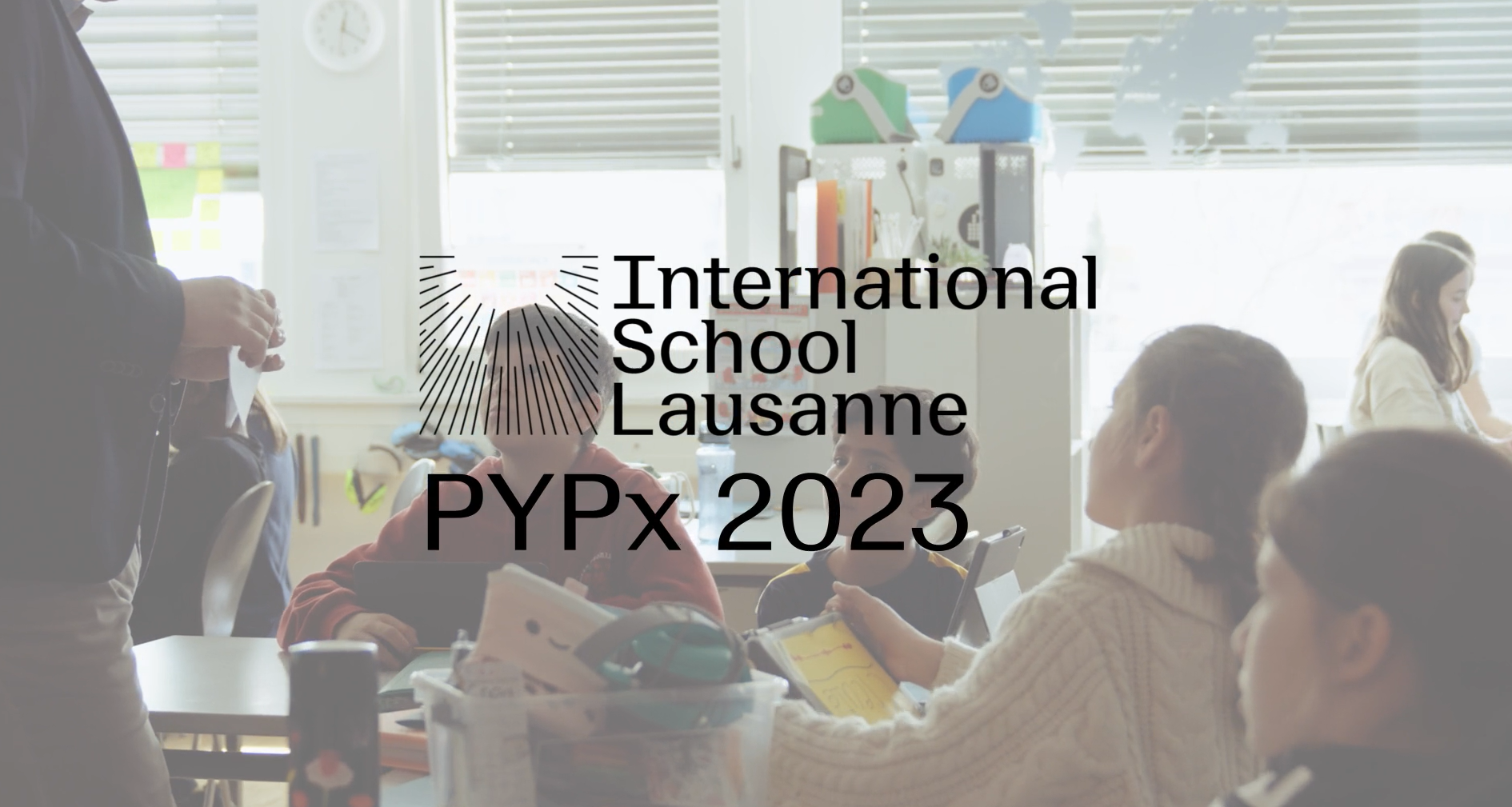
Discover the journey of the PYP Exhibition, a student-led project that capstones the final year of the Primary Years Programme.
Our curriculum
We understand that the main responsibility of the Primary School is the acquisition of academic and study skills. However, to create truly enthusiastic students and lifelong learners, our curriculum also gives children meaningful opportunities to use their skills as both members of a community and independent learners.
Discover our curriculum
“The Primary School is a place where students can engage, interact, and explore their world in a caring and supportive environment. We believe that the explicit teaching of well-being is the foundation on which we develop confident lifelong learners.”
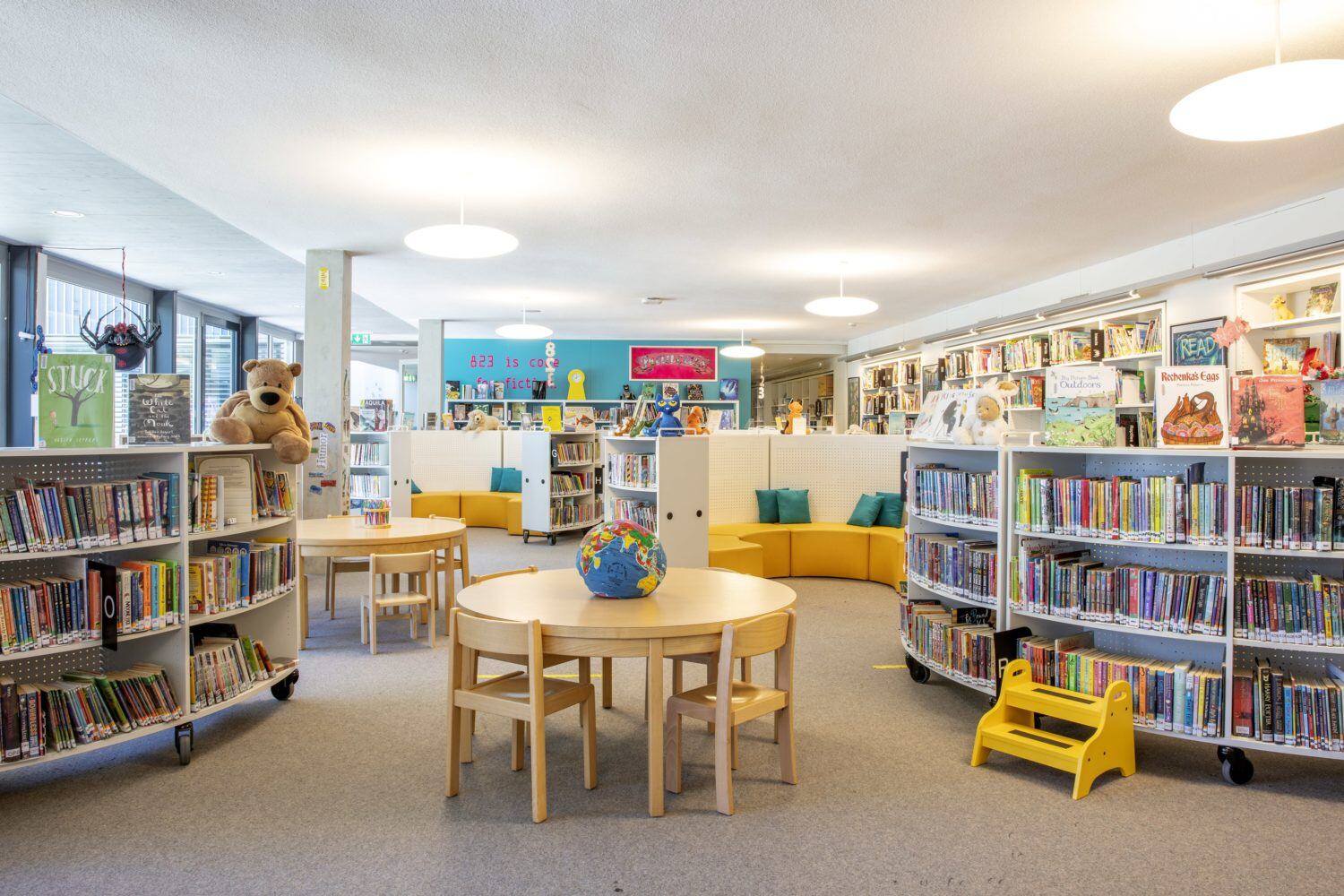
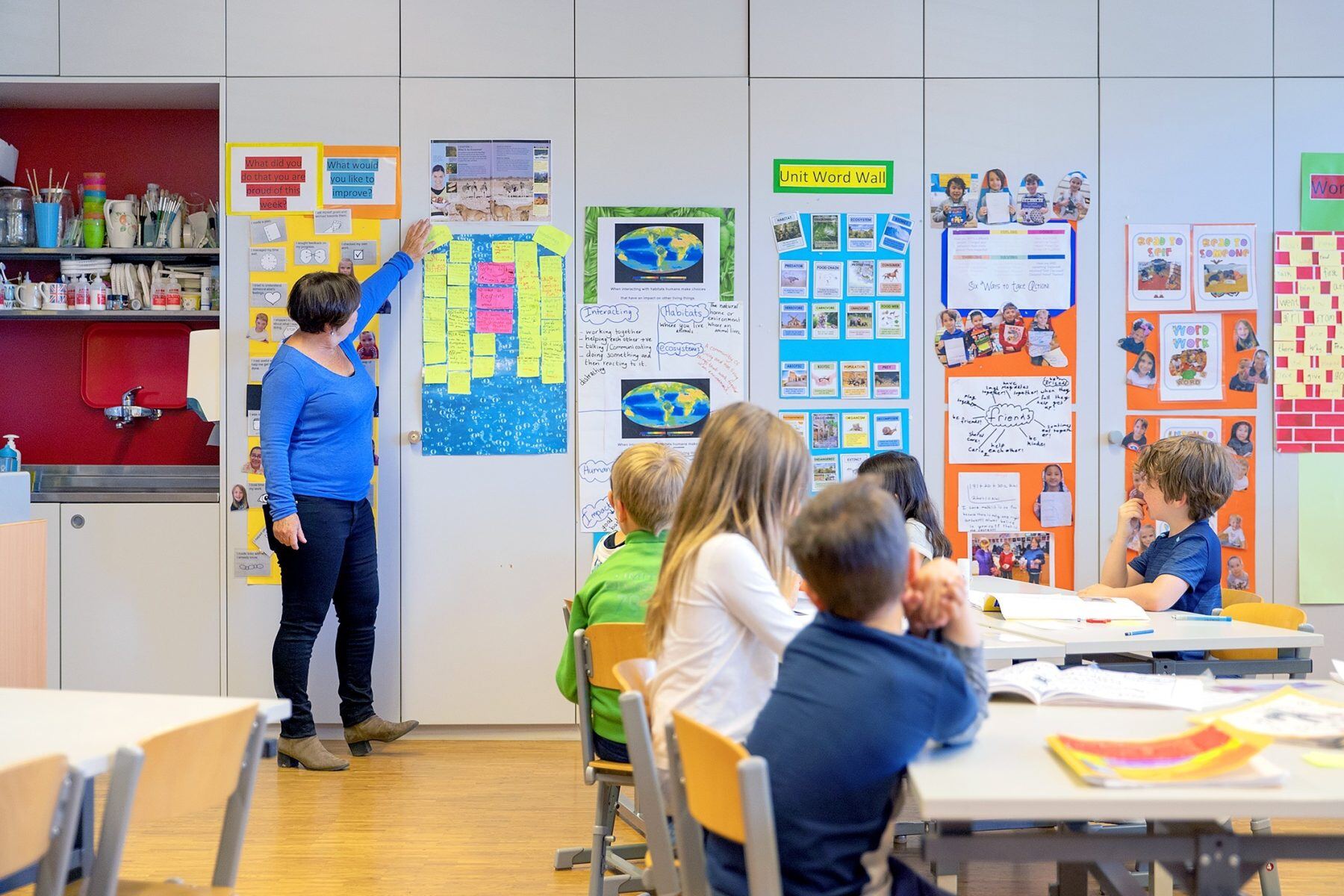

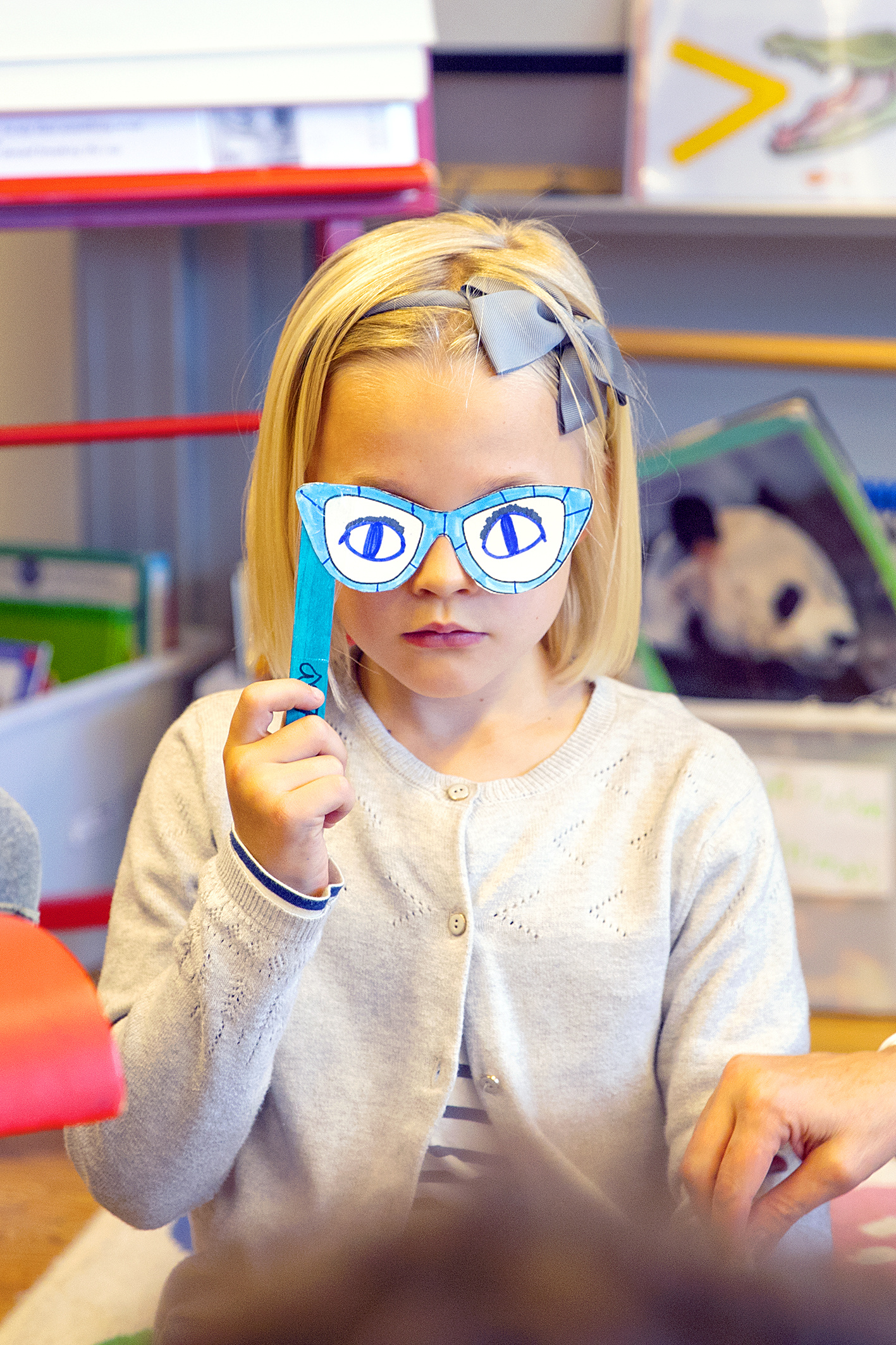
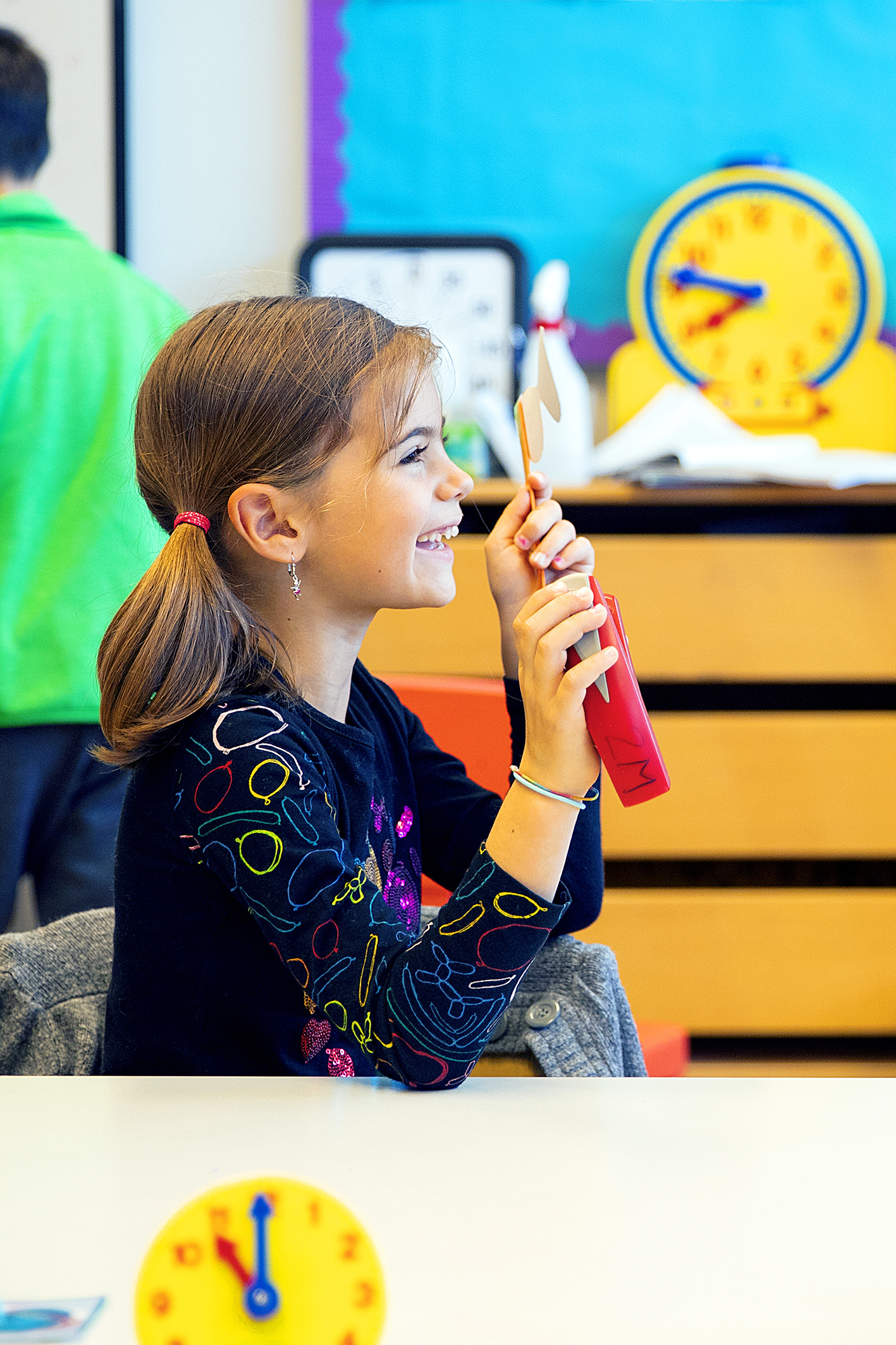
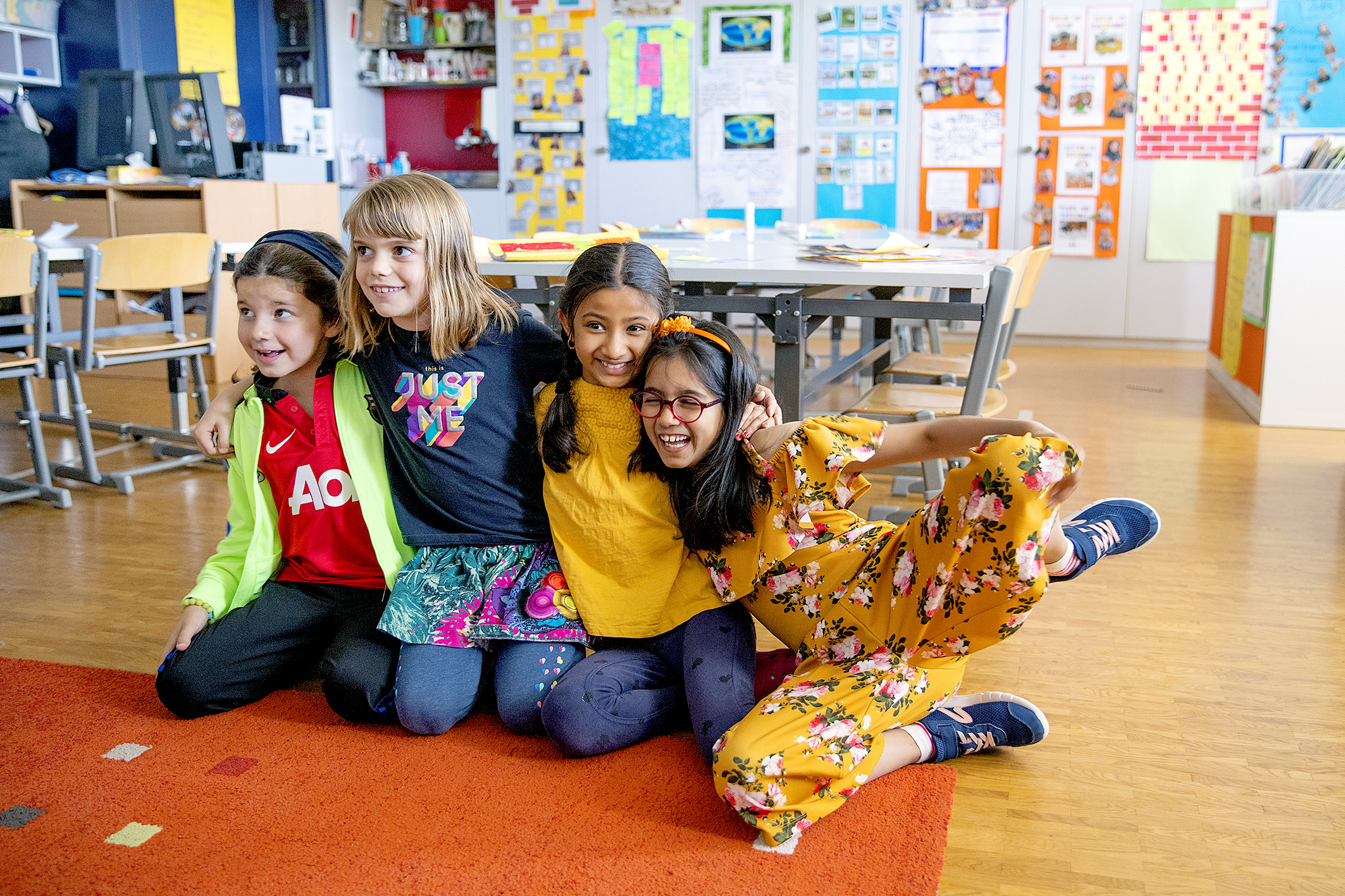
.jpg?width=4185&height=5580&name=steam-socials%20(1).jpg)
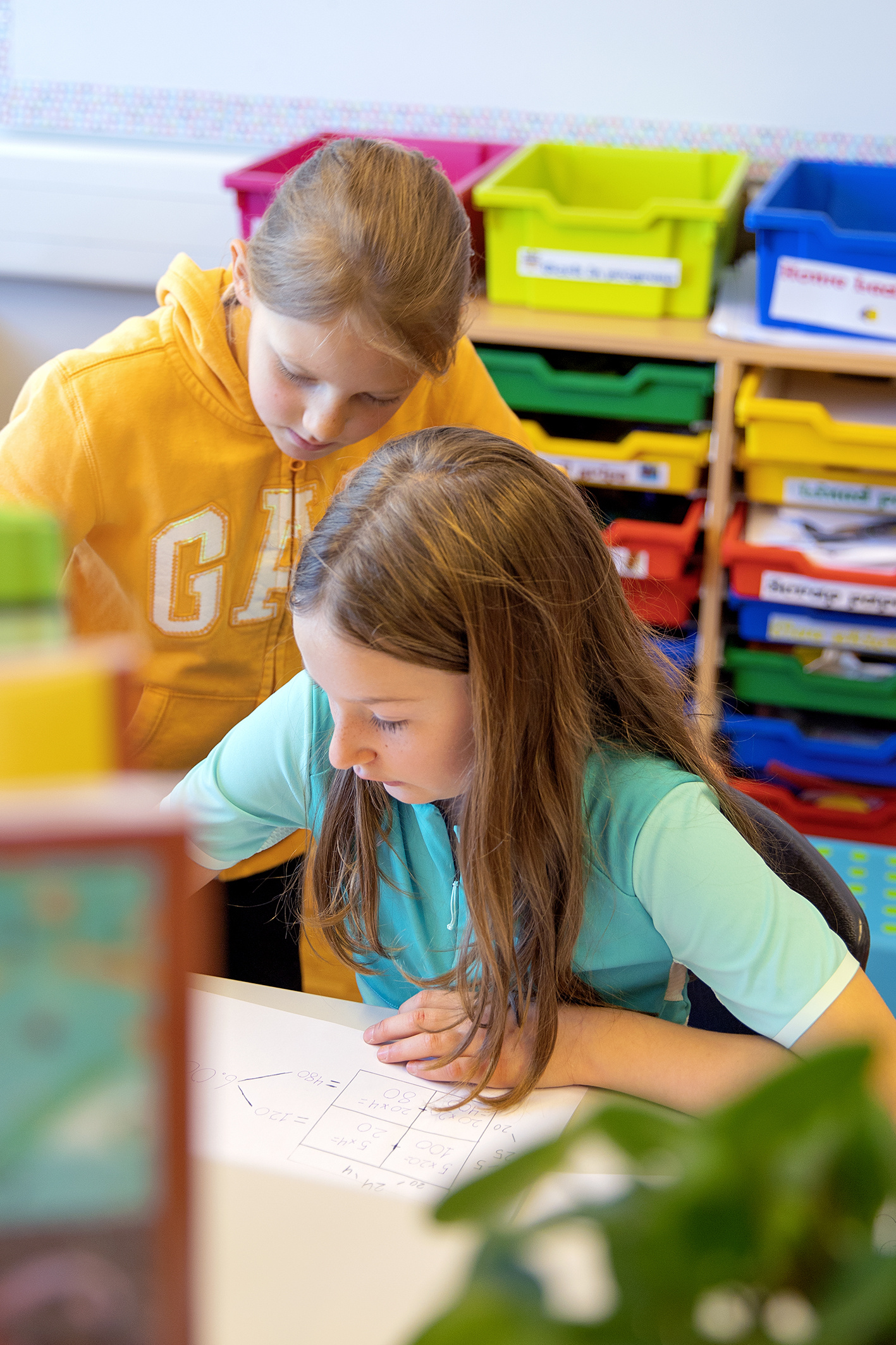
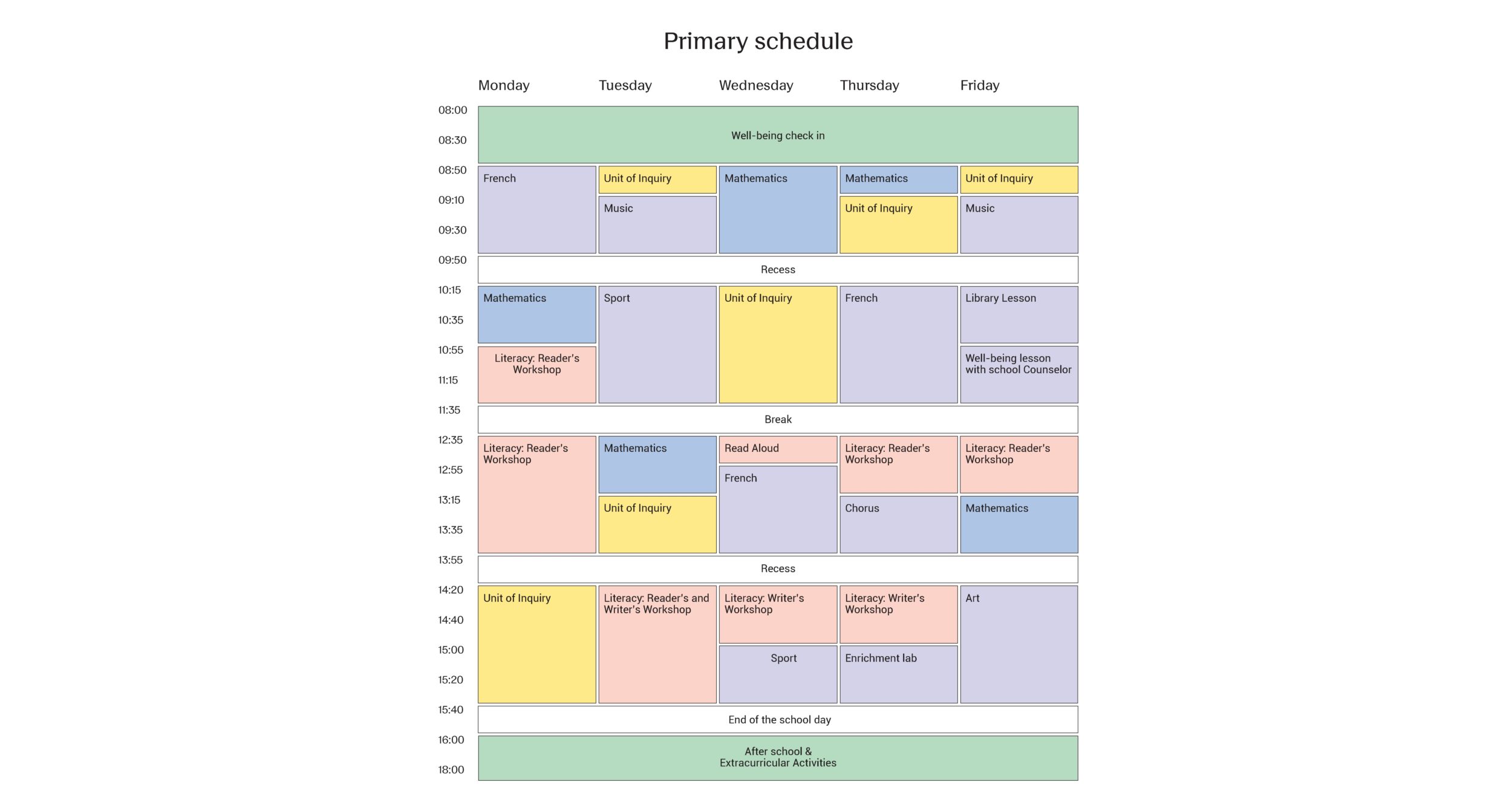
Example of a Primary Years schedule at ISL
Contact
